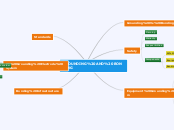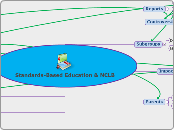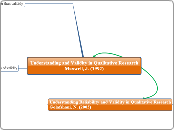por andrea garzon 12 anos atrás
369
itgs
As hardware and software become integral parts of daily life, addressing their liability is increasingly crucial. Traditionally, license agreements absolve creators from damages resulting from their products, posing a challenge in establishing accountability.









